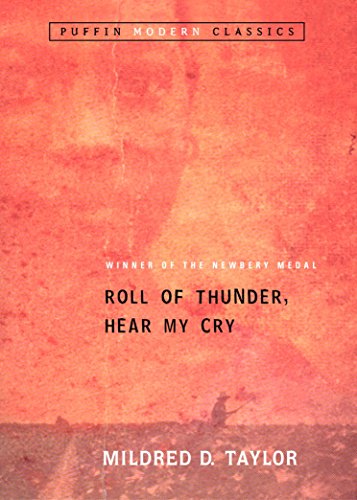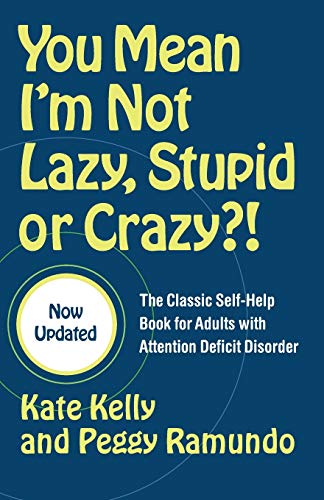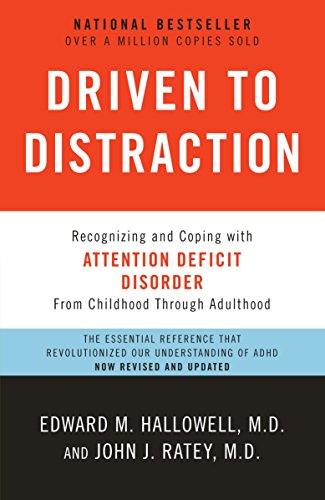Fantasy is no longer a genre relegated to the shadowy realm of the basement. Whether you’ve read the Harry Potter Series or watched the movies, fell in love with The Lord of The Rings, read Neil Gaiman’s work, or more recently, went on an epic journey through Westeros, you’ve been a part of the fantasy genre’s evolution into mainstream entertainment.
Now that the special effects can do the authors’ imaginations at least partial justice, the momentum for this genre is just getting started.
Anyhow, you’re obviously here for a reason — to learn how to write a fantasy novel. All of that is simply to encourage you to pursue this dream because the possibilities are truly as unlimited as your imagination.
“Stories may well be lies, but they are good lies that say true things, and which can sometimes pay the rent.” — Neil Gaiman
Writing fantasy is more difficult than it may appear; however, the rewards in the form of characters and invented places are well worth the time, effort, and, at certain points, your sanity. You may be looking to write conventional fantasy with wizards, witches, dragons, swords, and sorcery — or you may be looking to blend genres and come up with creatures and places and a magic system that’s never been seen or read before. Either way, the power of fantasy is that you can pull from anything you’ve ever thought about; you are unhindered by the constraints of reality; you can choose to use or not to use the laws of physics and science; you can choose for your world to operate in topsy-turvy fashion.
To help you overcome many of the challenges you will face along your epic adventure into fantasy writing, I’ve written a 5-part mini-guide. Every part of this step-by-step how-to writing guide is designed to help you create your own fantasy novel writing process.
Without further ado, dive right in and learn how to cast literary spells on your readers!
Fantasy Novel Writing Mini-Guide
Step 1: Identify Your Why
“Don’t bend; don’t water it down; don’t try to make it logical; don’t edit your own soul according to the fashion. Rather, follow your most intense obsessions mercilessly.” — Franz Kafka
Writing a novel is a mental marathon. You will get tired at various points. The ideas won’t always flow so easily. Even the most successful writers experience this. J.K. Rowling rewrote a single chapter of The Prisoner of Azkaban thirteen times to get it right.
Your interests may change during the process of working on your fantasy novel — or your fantasy novel may in fact be the very thing that changes you.
Because novel writing can be a long, trying process, and a transformative one at that, it begs the question of how you can be sure that you will be able to maintain your passion?
In other words, what are the questions you are burning to find answers for and what are the themes you are compelled to explore?
In business, your Why can often lead you to your unique selling proposition. In the writing world, your Why is what gives you the sustenance to complete your stories. But this particular thing you want to say has to be so powerful, so necessary to get onto the page that it becomes a compulsion.
In fact, most of the stories that have made an impact on you as an adult likely have a message encoded in them. Maybe it’s a message about grief and how to get through it; maybe it’s a way of thinking about death and the human condition; or maybe it’s something much simpler.
As you begin writing and go deeper into the story, other messages will present themselves and you’ll also go through additional phases of self-discovery; however, the core message is the bedrock for your fantasy novel.
Your characters will be born out of this message to deliver to various degrees. Speaking of…
Step 2: Get to Know Your Characters
“In displaying the psychology of your characters, minute particulars are essential. God save us from vague generalizations!” — Anton Chekhov
When writing a fantasy novel, it’s critical to understand that your story will only be as interesting as your characters.
One of the mistakes new and aspiring fantasy authors make is building an elaborate world or physical setting first and then treating the characters as accessories in it instead of having the characters teach us about the world.
Is it possible to go about world-building first and develop your characters afterwards? Yes — after all, it’s worth repeating that every author has to find a process that works for them.
However, it’s easy to become seduced by the setting.
First, fall in love with your characters, or at least become fascinated by them. Learn everything you can about them. Many details will unravel during the writing process, but many of the following questions can help you get to know them better:
What do they like to eat?
What do they dream about?
What are their desires?
What do they say / what do they avoid saying?
What are they afraid of?
What memories do they cherish / which ones are they haunted by?
What was their upbringing like?
What are their tics and idiosyncrasies?
What are their habits?
Have they ever been in love / are they in love?
Are they comfortable around other people?
What are their hobbies?
What are they proud / ashamed of?
Also consider where each character is in their personal journey. What level are they on in Maslov’s Hierarchy of Needs?
Are they on the bottom of the pyramid, battling to have their physiological needs met (i.e. air, water, food, sex, sleep, shelter, etc.)?
If they have secured their basic physiological needs, are their safety needs met (i.e. personal security, financial security, emotional security, and well-being)?
As we go up the hierarchy of needs, you’ll notice the pyramid shifts from the basic survival-type needs into the needs that can only be realized after the foundational aspects are taken care of.
Have your characters found love and social belonging (family, friendship, and intimacy)?
Have they gained esteem (i.e. status, recognition, prestige, fame, and attention) and self-respect from mastery, competence, strength, or freedom?
Have your characters achieved self-actualization? In other words have they achieved what they feel they can and should? Have they become everything they can be? This ties into the human desire to leave nothing on the table; to experience the full range of existence; to actualize every bit of our potential. Self-actualization includes partner acquisition, the pursuit of objectives, developing abilities and talents, and parenting.
Have your characters achieved transcendence — something beyond oneself (i.e. spirituality or altruism)? In the hero’s journey, you might imagine this character as the old wizard or witch who has seen and done nearly everything there is to do in the world and now seeks an apprentice to pass their knowledge onto. Think Gandalf The White, Obi-Wan Kenobi, and Morpheus.
Another key to writing compelling characters is to write them as if they’re real people. That sounds simple enough; however, aspiring fantasy authors often rely too heavily on tropes. They telegraph motives, the good guy is the good guy, and the bad guy is the bad guy. Neither one has shades of grey or complexity and therefore, the characters are two-dimensional caricatures.
You’ve probably heard the expression that one person’s angel is another person’s demon. In life, not only do people have duality in them — good qualities, bad qualities, and ambivalence — but they also encounter each other at various stages of their own character development. So in addition to a character’s complex moral ambiguity, the character possesses the inherent complexity of how they are perceived based in part on reality and the inner workings of the perceivers themselves.
How do the characters change and evolve as the story goes on? How does their evolution affect those around them? Were they known for or as something entirely different than the person they seem to be during the particular events of the story? What secrets do they carry as a result? Do they operate with a sort of dual identity?
Also, what message are you sending through your characters?
For example, in Spellbound Under The Spanish Moss: A Southern Tale of Magic, the fantasy novel I co-authored with my father Kevin N. Garrett, we made a conscious decision to empower readers with physical disabilities. Without giving away any spoilers, one of our main characters deals with a lifelong challenge and instead of simply “fixing” her with magic, we made sure that she finds even greater power in other ways. What we didn’t want is for our readers who struggle with the same challenge to feel that they need “fixing” when the reality is that this disability is something they will have to live with their entire lives.
Lastly, do your characters drive the plot forward? Of course not every character is meant to drive the story. Rather, some characters decorate the world they inhabit. Just like in real life, some people are passerbys along your path, while others end up being allies or antagonists.





























































